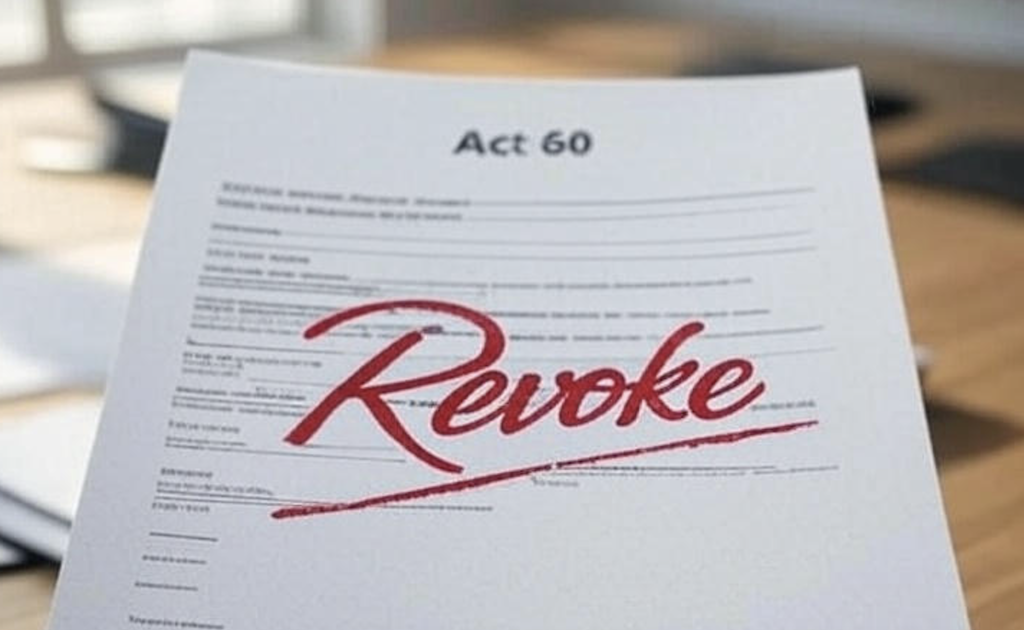Are You Ready for an IRS Audit as a Puerto Rico Resident Under Act 60?
Moving to Puerto Rico to take advantage of the benefits under Act 60 can be a game-changer for entrepreneurs, investors, and professionals. But with the IRS increasing its focus on residency and sourcing of income, residents must be prepared for a potential audit. At BONN LLC, we help our clients stay audit-ready by keeping clear evidence of both residency and Puerto Rico–source income. To make it easier, we created an IRS Audit Preparation Checklist that covers everything the IRS looks for. Key Areas the IRS Reviews Here are the four main categories you should always be prepared to document: 1. Tax Returns & Financial Documents Keep complete copies of Puerto Rico and U.S. tax returns (with all schedules), Forms 1099 / 480, transfer pricing studies, and evidence that your income truly originates in Puerto Rico. 2. Presence Test The IRS will want proof you’ve spent 183+ days in Puerto Rico (or qualify under other rules). Examples: flight tickets, boarding passes, hotel receipts, phone records, and daily planners. 3. Tax Home Test Your primary place of business and home must be in Puerto Rico. Documents like leases, real estate purchase contracts, and moving invoices are key. 4. Closer Connection Test Show that your life is centered in Puerto Rico. Evidence includes property records, Puerto Rico driver’s license, voter registration, insurance policies, banking activity, charitable giving, and memberships in local organizations. Download the Full Checklist We’ve compiled all of these requirements (with examples of acceptable documents) in a comprehensive Word checklist.👉 Download the IRS Audit Preparation Checklist Final Thoughts The IRS has already launched audit campaigns targeting Act 60 residents. Don’t wait until you get a letter—start gathering your documentation today. At BONN LLC, we specialize in helping individuals and businesses navigate the IRS rules, maintain compliance, and protect their Puerto Rico tax benefits. 📞 Phone: 787-473-8985📧 Email: [email protected] ✅ Share the Knowledge:If you found this checklist useful, please forward it to a friend or colleague who has also relocated to Puerto Rico or is considering it. A little preparation goes a long way in avoiding big headaches later.










